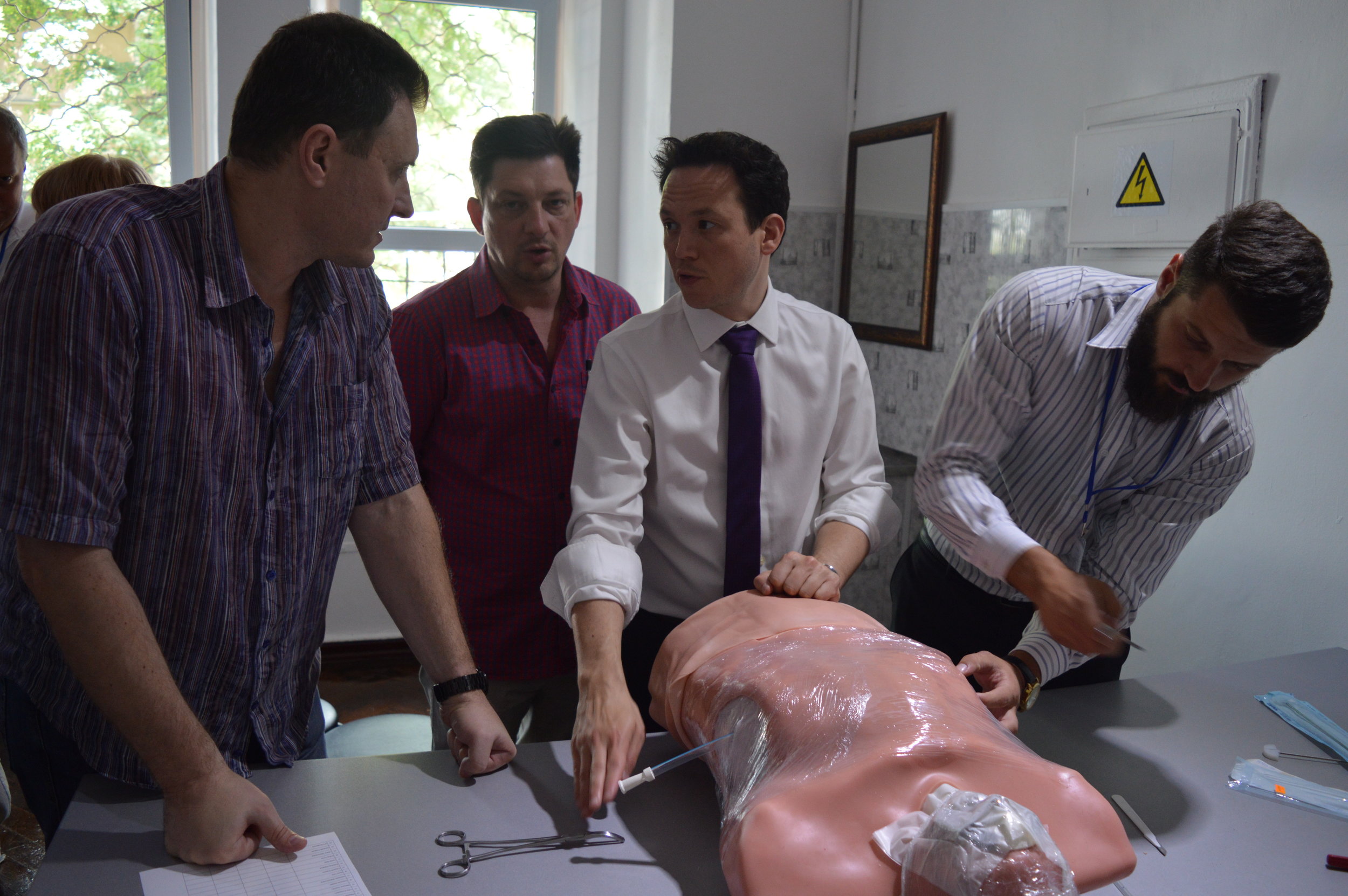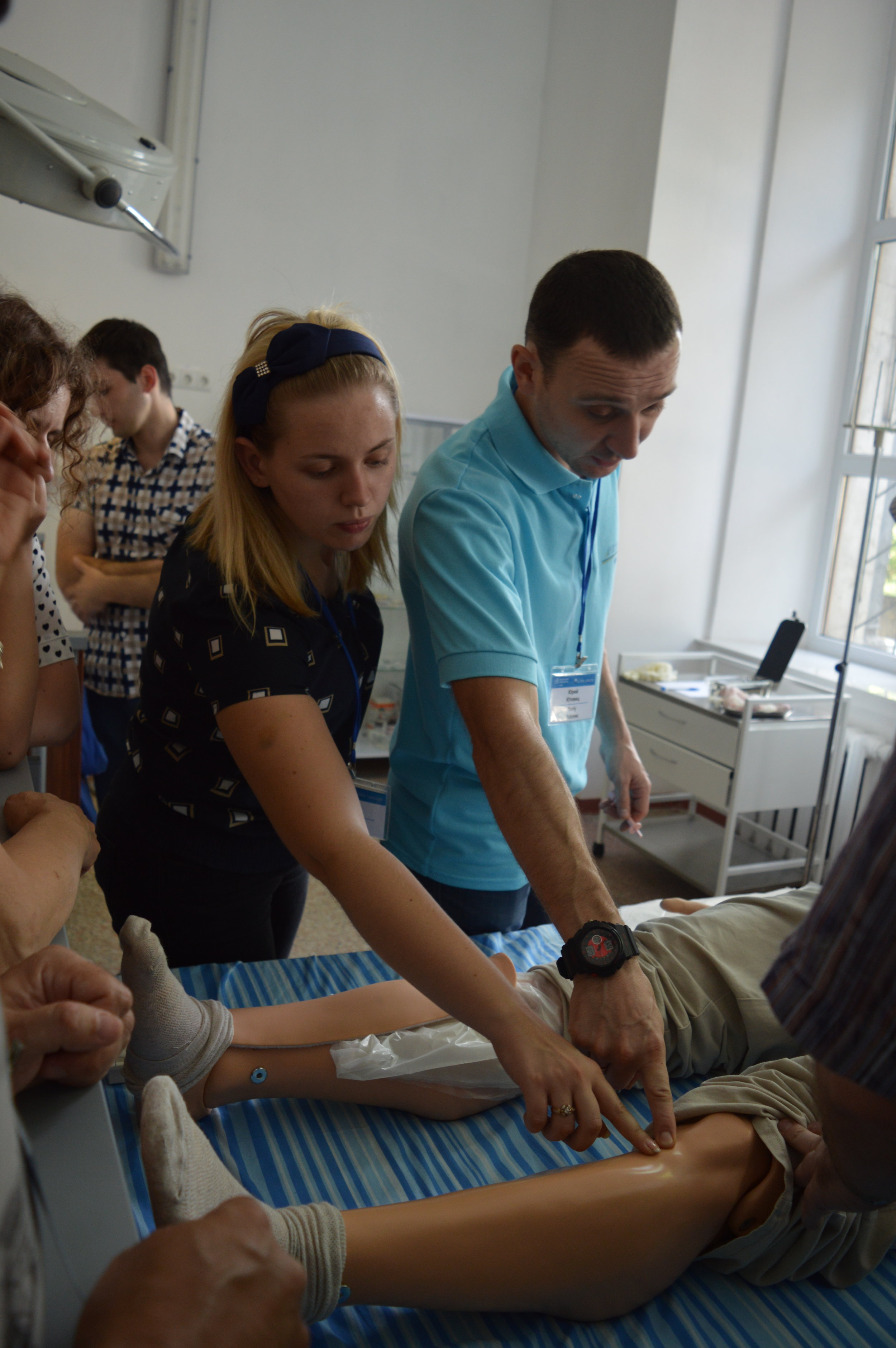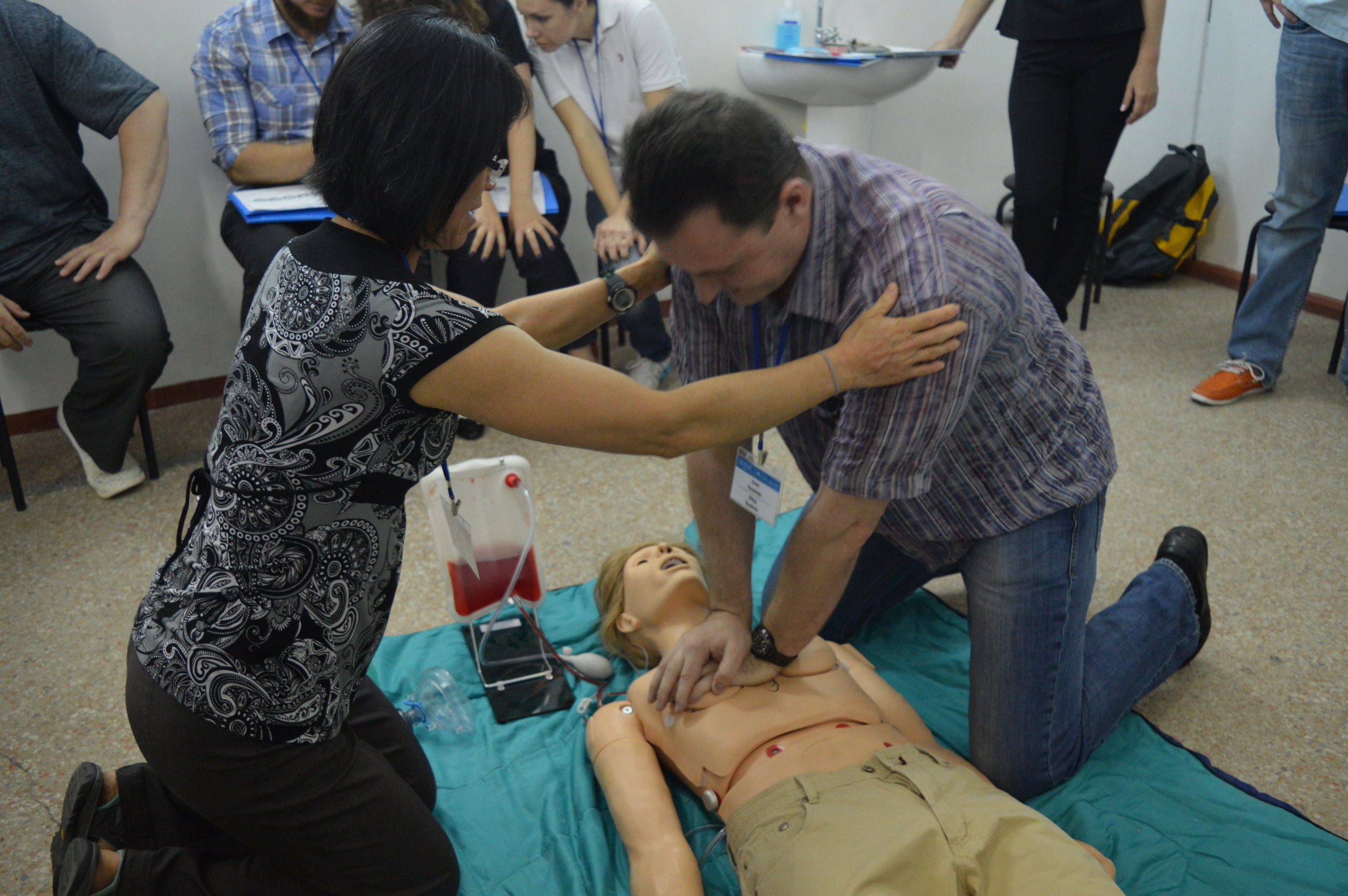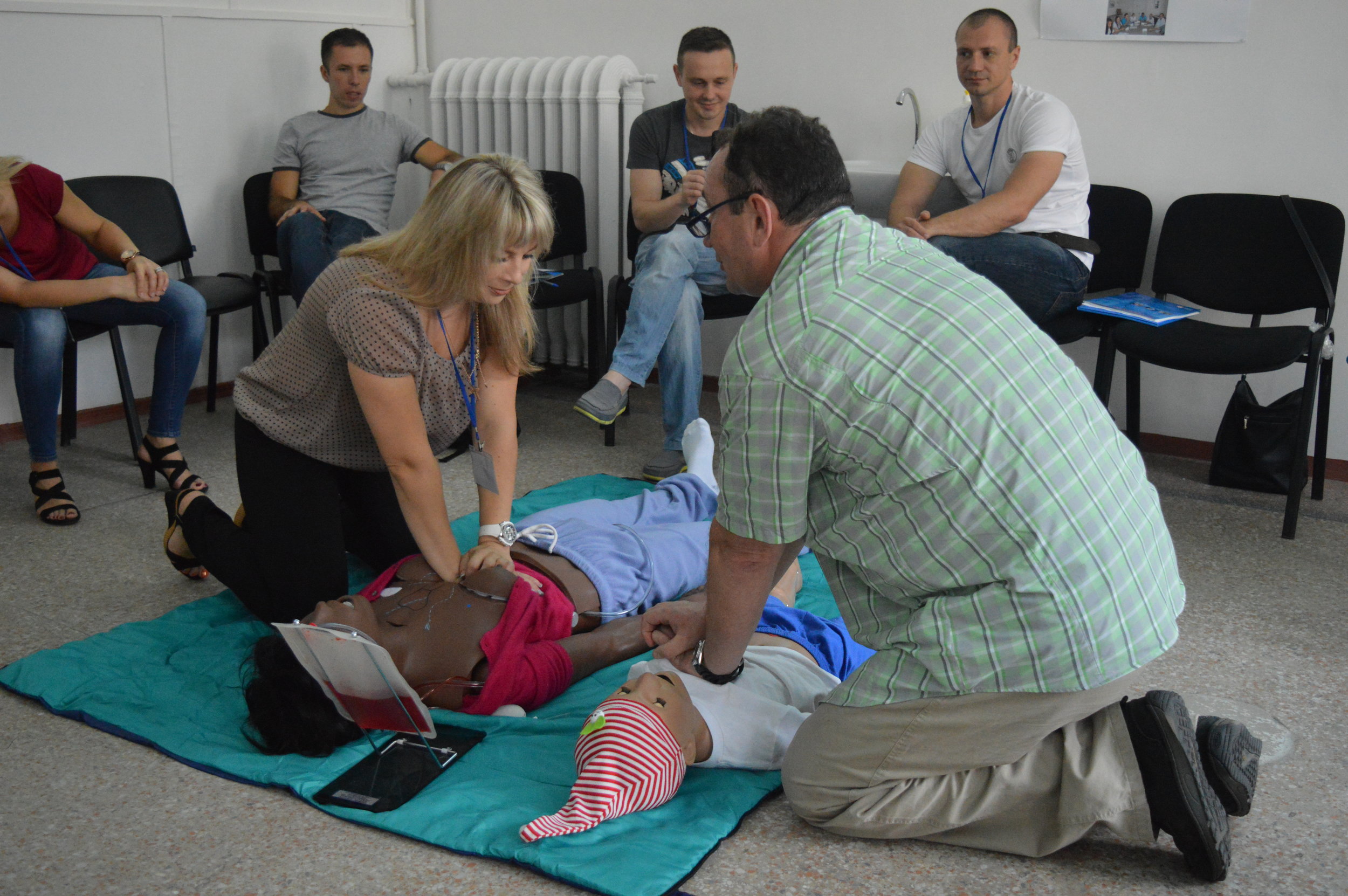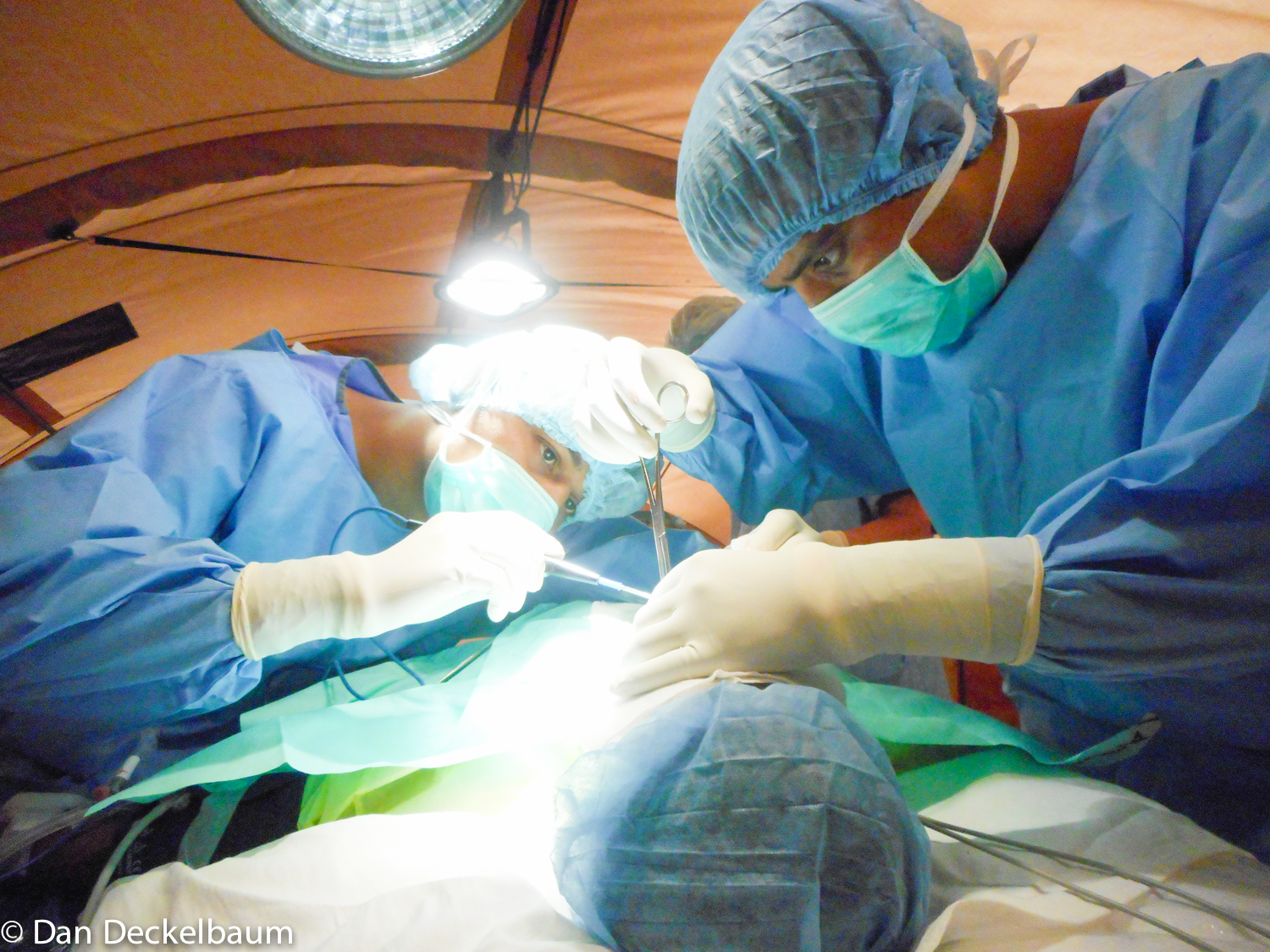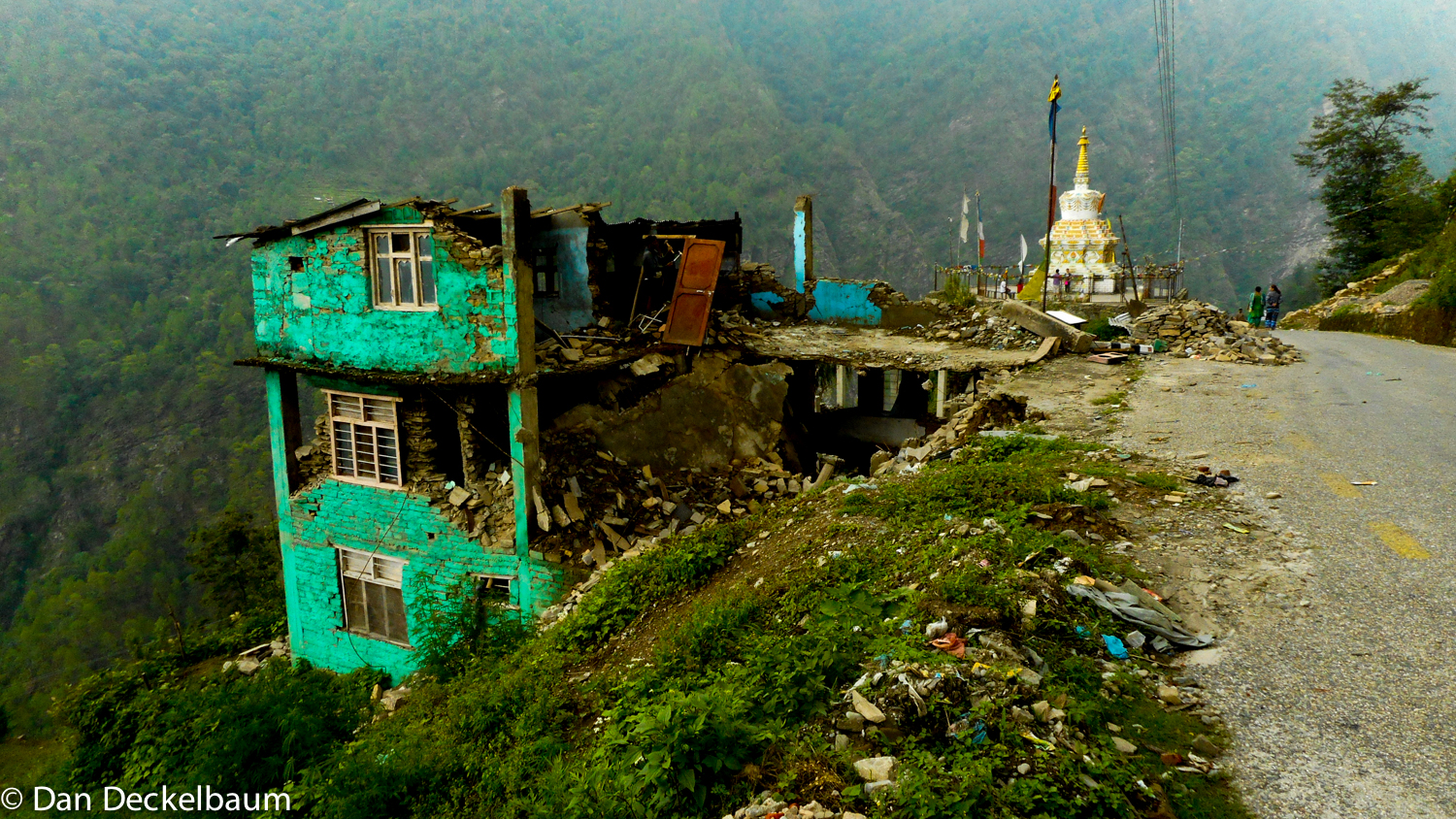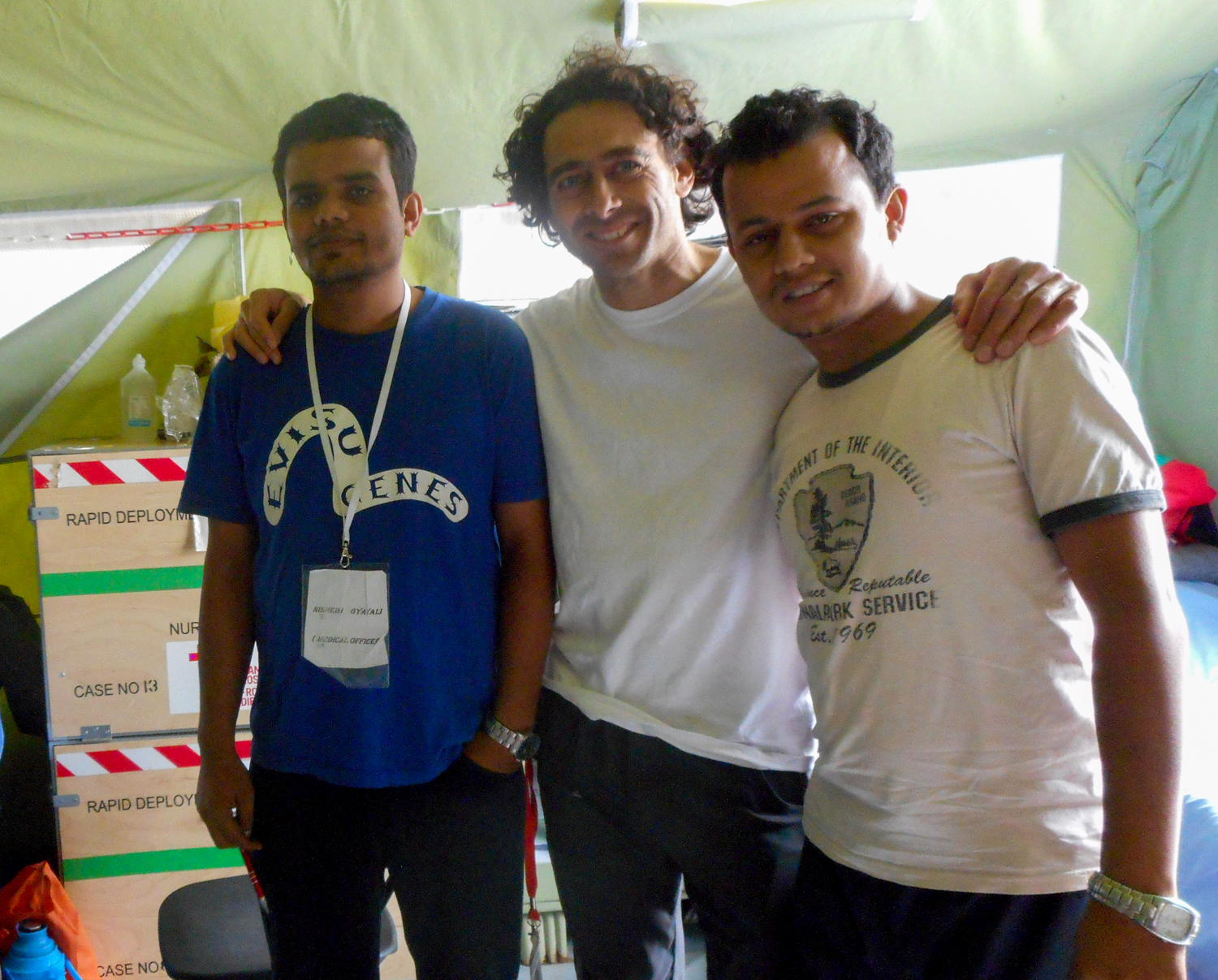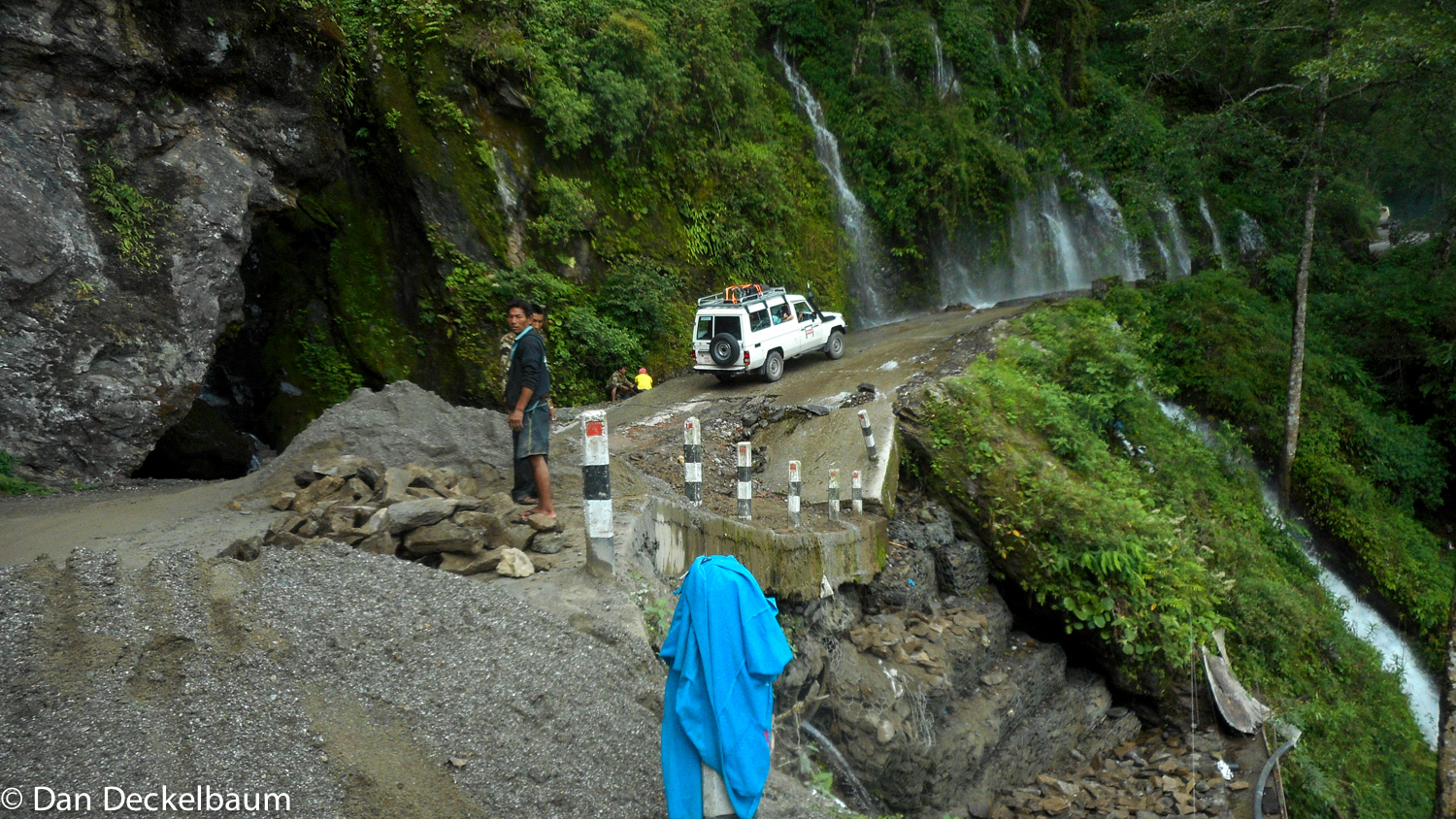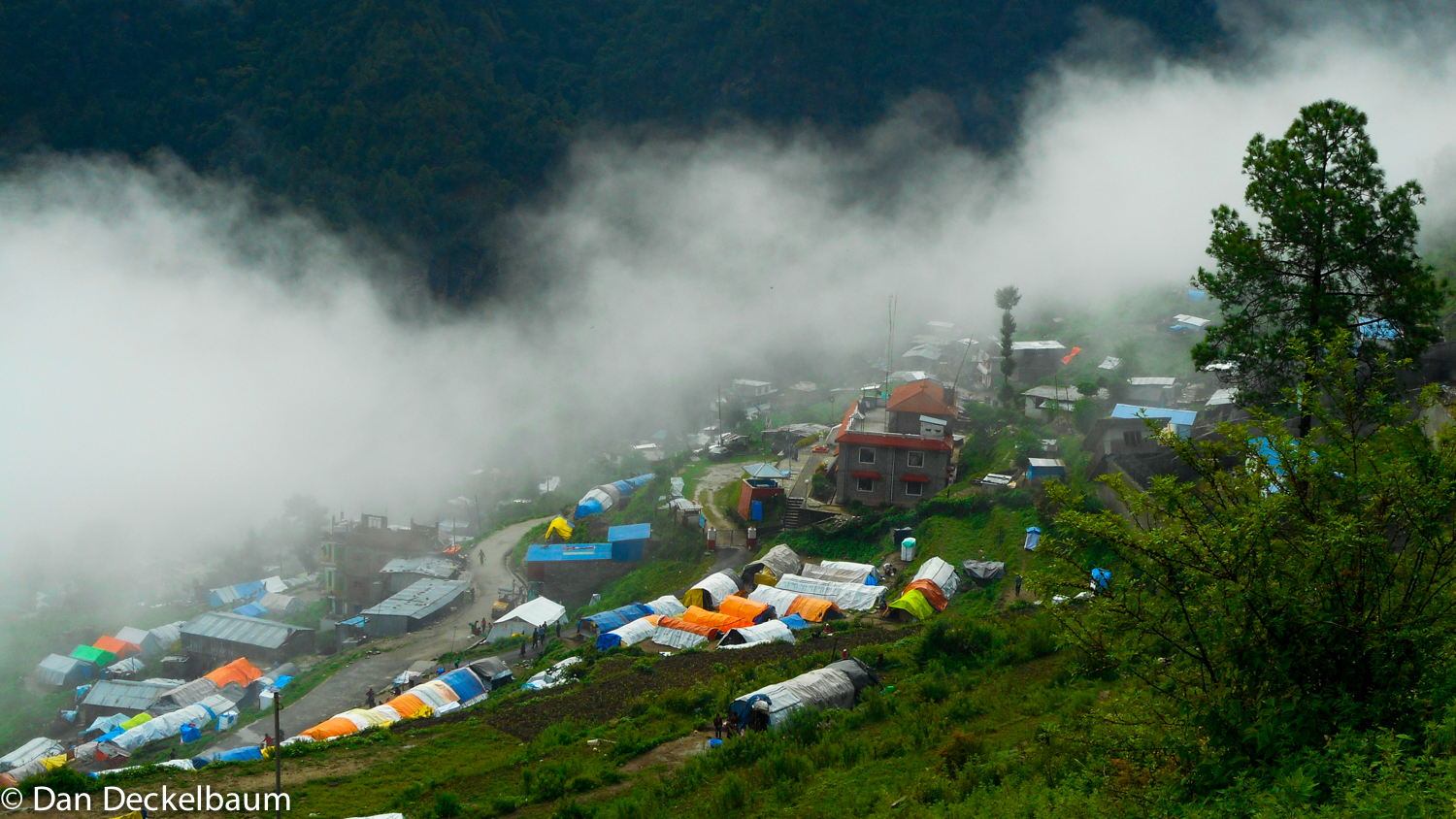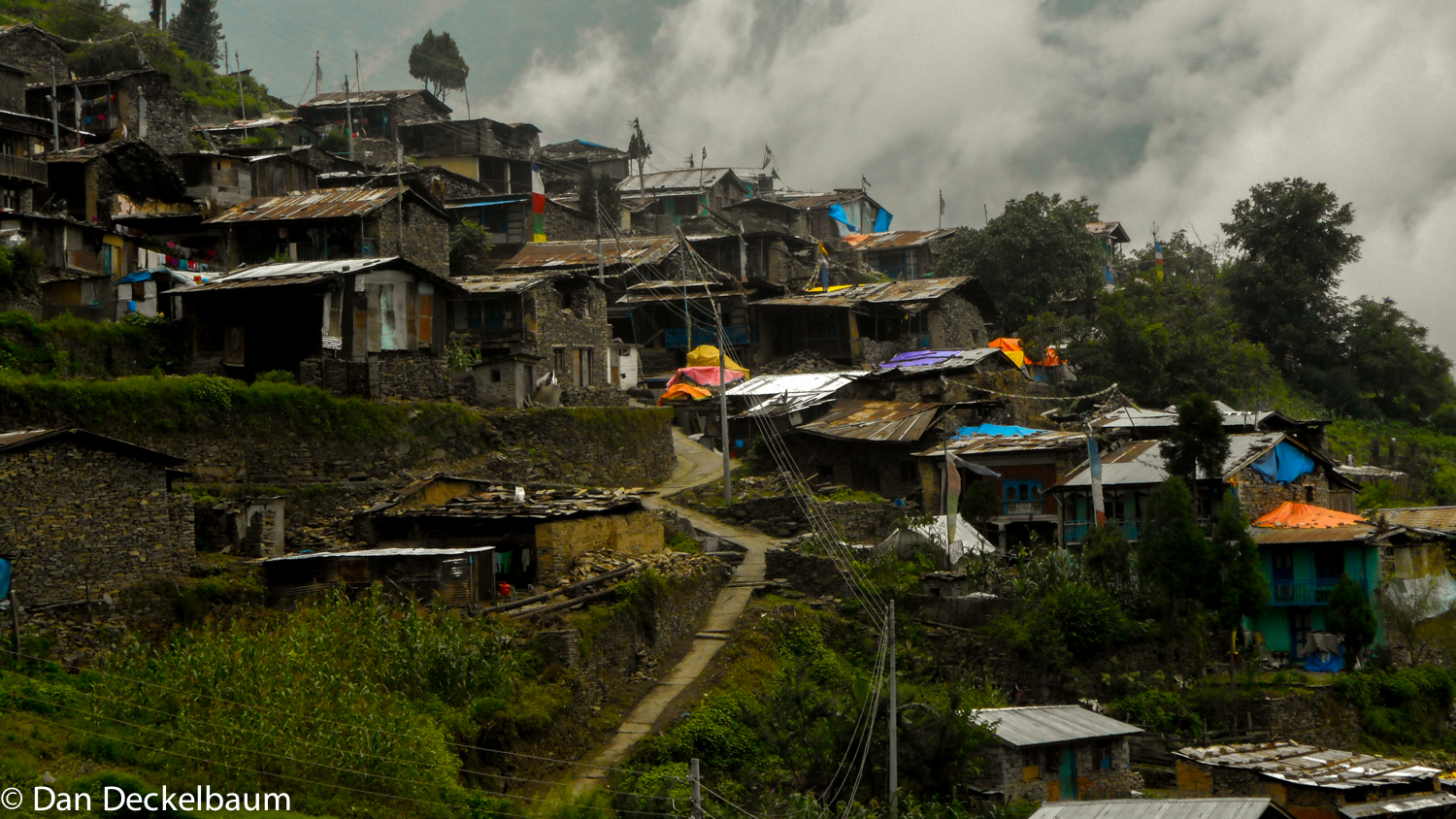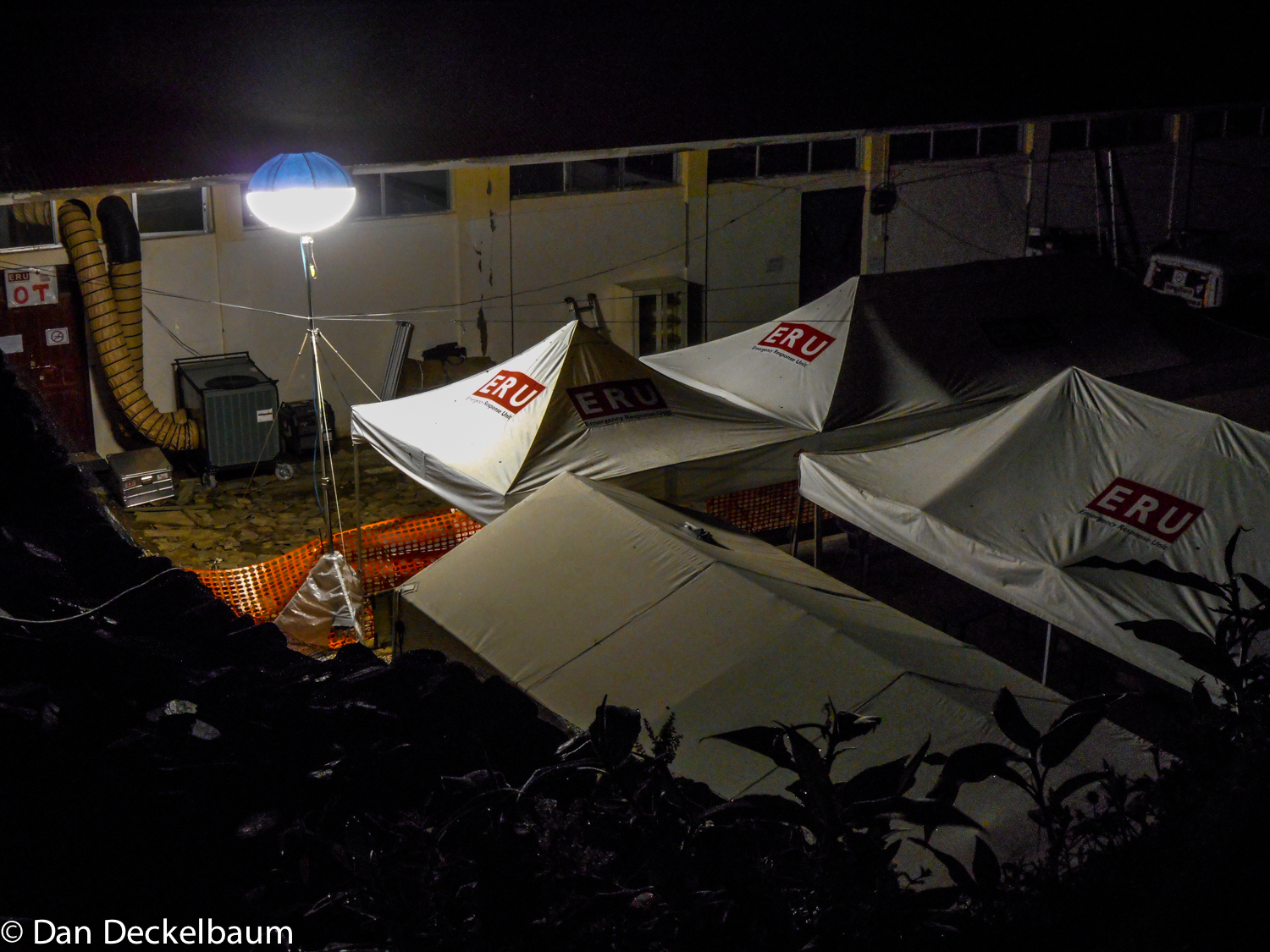Interview with Dr.Mario Jacobe filmed by Dr.Fadi Hamadani in Maputo , Mozambique
The CGS’s mission is to build trauma and surgical capacity in low and middle income countries. As part of this mission the Centre has developed significant global surgical mentorship supporting global surgery exchange programs and student’s participation in global surgical endeavors globally. More recently the CGS has welcomed a colleague from Maputo Central Hospital, Mozambique, Dr. Mario Jacobe , who spent 4 months training in the Montreal General Hospital at the McGill University Health Centre. He tells us about his experience in this interview.
How was your visit and training here in Montreal initiated?
Dr. Jacobe: I met Dr. Dan Deckelbaum [co-director of the Centre for Global Surgery (CGS)] for the first time in Maputo Central Hospital accompanied by Dr. Otília Neves, the Head of Trauma for the Ministry of Health in Mozambique. At the time they were setting up a collaboration to implement the “Trauma Registry” in Mozambique, I was still a resident in General Surgery. Dan advised the local Mozambique leadership that the CGS would support augmenting trauma capacity in the country. So, I decided to sub-specialize in Trauma and Critical Care, and join the trauma team after doing my Residence. One year after, I met Dan again and asked for the possibility of a training in trauma in Canada, and his help to come to Canada.
What is your academic background and specialization?
Dr. Jacobe: I have finished my Basic Training in Medicine in 2006 at Eduardo Mondlane University, Maputo, while working to the Ministry of Health, and I was sent to Tete Province where I worked as a Doctor for two years in Moatize District. In 2009 I came back to Maputo for the Residence in General Surgery. Once the Specialization was done, I was hired in Maputo Central Hospital as a General Surgeon and I was also appointed as a Member of the National Trauma Executive Committee.
What exactly did you learn at the Montreal General Hospital? (skills, teaching etc.). And how are they different/similar to training you’ve had back home?
Dr. Jacobe: I have learned many things in Montreal. The most important one was the management of a Trauma Bay. As I have said, I have been working for the main hospital in Mozambique, the Maputo Central Hospital, but the way the Montreal General Hospital is organized, the available technology, the cooperation among different areas, the teaching program, the Trauma Program itself is very impressive. In Montreal, the approach of trauma patients is based on ATLS principles at the Trauma Bay. In Mozambique there is no classical trauma bay in any hospital. So, we hope to have the first classical Trauma Bay in Maputo Central Hospital after this “fellowship” in Canada.
How will you use what you’ve learned here back in Mozambique?
Dr. Jacobe: Once in Mozambique I will convince the creation of Trauma Bay in the Maputo Central Hospital and a well-organized program of training in ATLS for Doctors working in hospitals. I thing that ATLS skills without a Trauma Bay is not profitable, and vice-versa.
How would you rate your experience at the Montreal General Hospital?
Dr. Jacobe: The mini-fellowship was very good. It was the first time I worked as a Specialist abroad after I have finished my Residence in General Surgery. Although the time was too short (4 months) for a fellowship the experience was wonderful.




